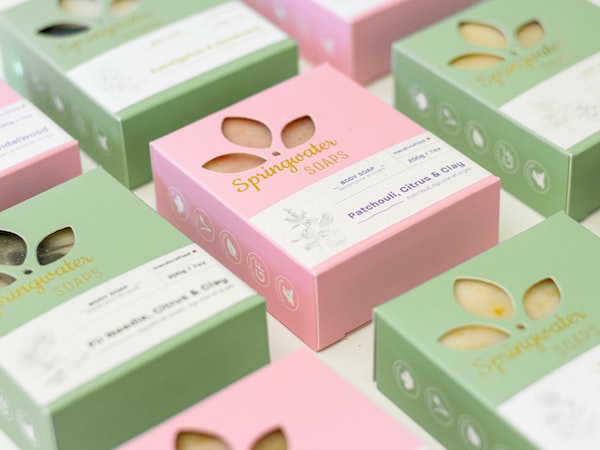Hemp, a versatile and eco-friendly plant, has been cultivated for thousands of years for its vast array of uses. From construction and textiles to food and medicine, hemp has consistently proven its worth throughout human history. With an increasing global awareness of sustainability and the environment, hemp is once again finding its way into the spotlight as a renewable resource with numerous applications. In this article, we will explore some of the diverse uses of hemp.
Lubricant
One might not initially consider hemp as a source of lubricant, but its natural properties make it an excellent option. Hemp lubricant for sexual intercourse is derived from the seeds of the plant, which are cold-pressed to create a nutrient-rich oil. The resulting lubricant is not only eco-friendly but also non-toxic, making it a popular choice for those seeking a more natural alternative. Additionally, the lubricant is praised for its moisturizing properties, providing a comfortable and enjoyable experience for users.
Textiles and Clothing

Hemp fibers, extracted from the plant’s stalk, have been used for centuries to create clothing and textiles. These fibers are strong, durable, and resistant to mold and mildew. Textiles are also more environmentally friendly compared to traditional cotton, as they require fewer pesticides and less water to grow. Clothing made from hemp is breathable and has natural antimicrobial properties, making it ideal for those with sensitive skin or allergies.
Hempcrete and Construction
Hempcrete is a building material derived from the inner woody core of the plant, known as the hurd, and combined with lime. This biocomposite material is lightweight, insulating, and carbon-negative, which makes it an attractive option for eco-friendly construction. Hempcrete can be used in a variety of applications, such as wall insulation, flooring, and roofing. Its natural resistance to pests, mold, and fire makes it a durable and sustainable alternative to traditional building materials.
Food and Nutrition
Hemp seeds are a nutritional powerhouse, offering a complete source of protein, essential fatty acids, and various minerals. They can be consumed whole, ground into flour, or pressed into oil, making them versatile ingredients in cooking and baking. The seeds have a subtle nutty flavor and can be added to a variety of dishes, such as salads, smoothies, and even desserts. The plant’s leaves can also be consumed, offering a source of vitamins and minerals similar to those found in other leafy greens.
Paper and Packaging

Hemp has long been utilized in paper production, with evidence of its use dating back to ancient China. Hemp paper is more sustainable than traditional wood-pulp paper, as the plant grows much faster and requires fewer chemicals in the production process. In addition to being eco-friendly, the paper is also more durable and resistant to yellowing over time. This makes it an ideal choice for packaging, stationery, and even art supplies.
Biofuel and Energy
Hemp has the potential to be converted into biofuel, offering a sustainable and renewable source of energy. The plant’s seeds and stalks can be used to produce biodiesel and ethanol, respectively. In comparison to fossil fuels, hemp biofuel is more environmentally friendly, as it releases fewer harmful emissions and is biodegradable. Its cultivation also has a positive impact on soil health and can contribute to reducing the carbon footprint of the energy sector.
finish the sentence: From lubricant for sexual intercourse to its use in textiles, construction, food, paper production, and biofuel, the applications of hemp are seemingly endless and exciting new prospects. As society continues to strive for more sustainable and eco-friendly solutions, hemp’s versatility and environmental benefits make it an ideal candidate for a wide range of industries and products.
Read More:

